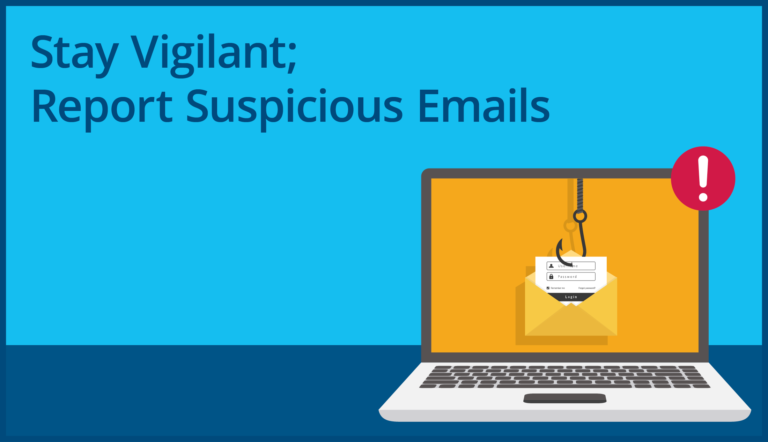
Many large-scale cybersecurity scams are erupting that may affect your personal life. As tax season kicks off, imposters are actively trying to collect sensitive personal information through fake IRS emails, phone calls, text messages, letters or other communications. Imposters are also attempting to file claims for unemployment benefits by impersonating people who have not filed claims. These imposters are not hackers with technical expertise but rather, social engineers who take advantage of human nature. Please be aware of these scams – and protect your friends and family by sharing this information.
STOP SOCIAL ENGINEERS IN THEIR TRACKS
Here’s what you should be on the lookout for and what you should do – both at work and in your personal life.
|
|
Think before you click - Be careful what you click on and download. Never open an email attachment from someone you don't know and be wary of email attachments forwarded to you even if they say they are “encrypted.” |
|
|
Report what you see - If you receive such emails at work, report them using the Report Phishing button in Outlook. Report unemployment benefits scams to your employer and government benefits agencies. Many government websites, including the IRS website, allow you to report phishing emails you receive. |
|
|
Verify before you share - Verify requests for sensitive information. Do not follow the link provided in the email; but instead, go to the source website independently. Call the agency if required and make a note about who you spoke with and when. |
|
|
Use two-factor authentication - Whenever possible, choose two factors to authenticate yourself in the event that one of the factors is compromised. For example, a password combined with a code sent to your phone or email. |
|
|
Use secure channels to share - When sharing sensitive data, use secure channels provided to you. Do not share personal information such as birthday, pet names etc. on social media. |
|
|
Be aware of your surroundings - Shield passwords, PINs and sensitive data from prying eyes. Ensure you are cautious where you keep work and personal devices when traveling. |
Please refer to the following related articles for additional tips to protect yourself from cybersecurity attacks.


